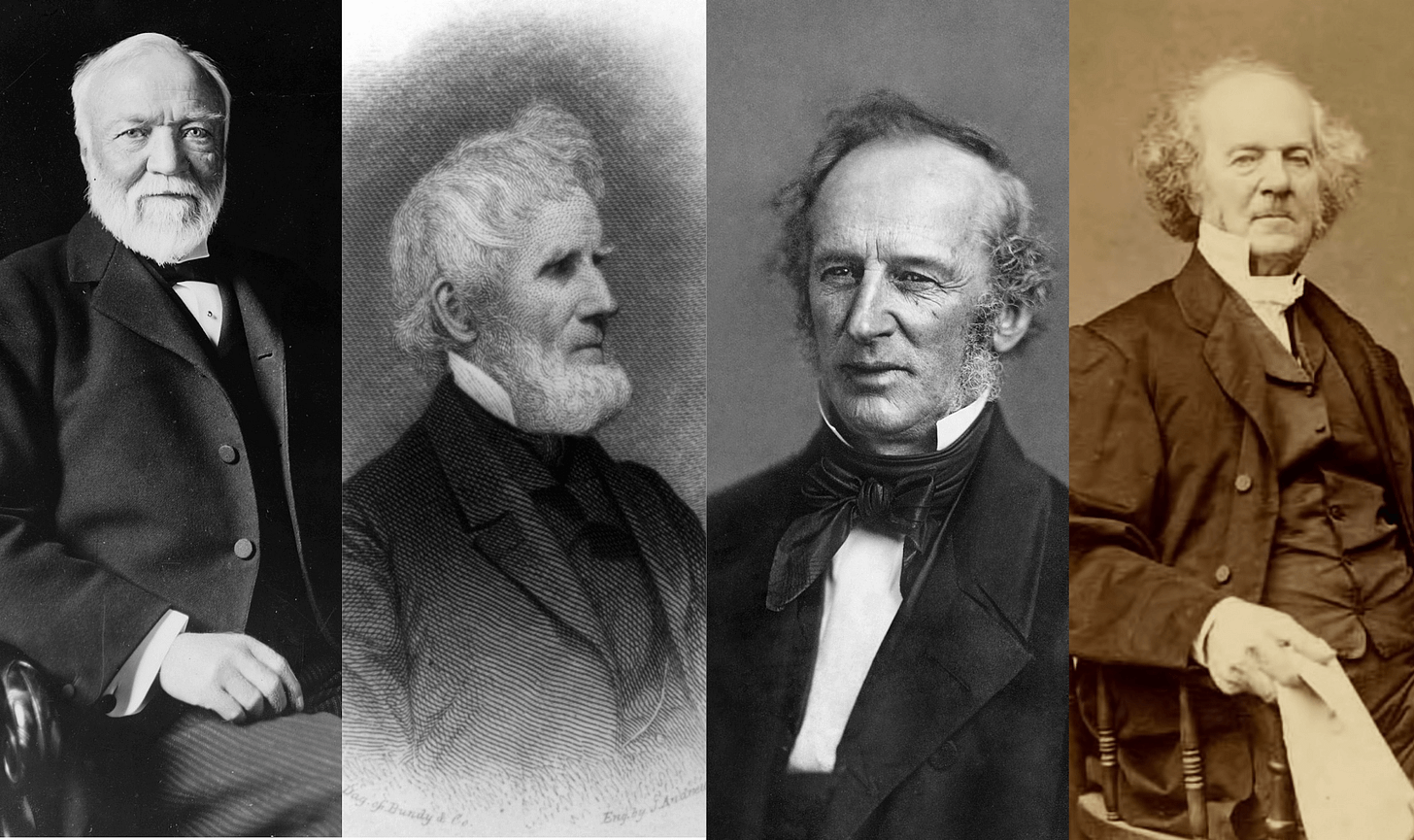Abraham Lincoln’s 1862 Emancipation Proclamation declared southern slaves free, but enforcement depended on the advancing Union army. Thus, it was that Union General Gordon Granger again declared the end of slavery in the remote state of Texas on June 19, 1865, the anniversary of which is now widely celebrated (and federally recognized) as Juneteenth.
An…



